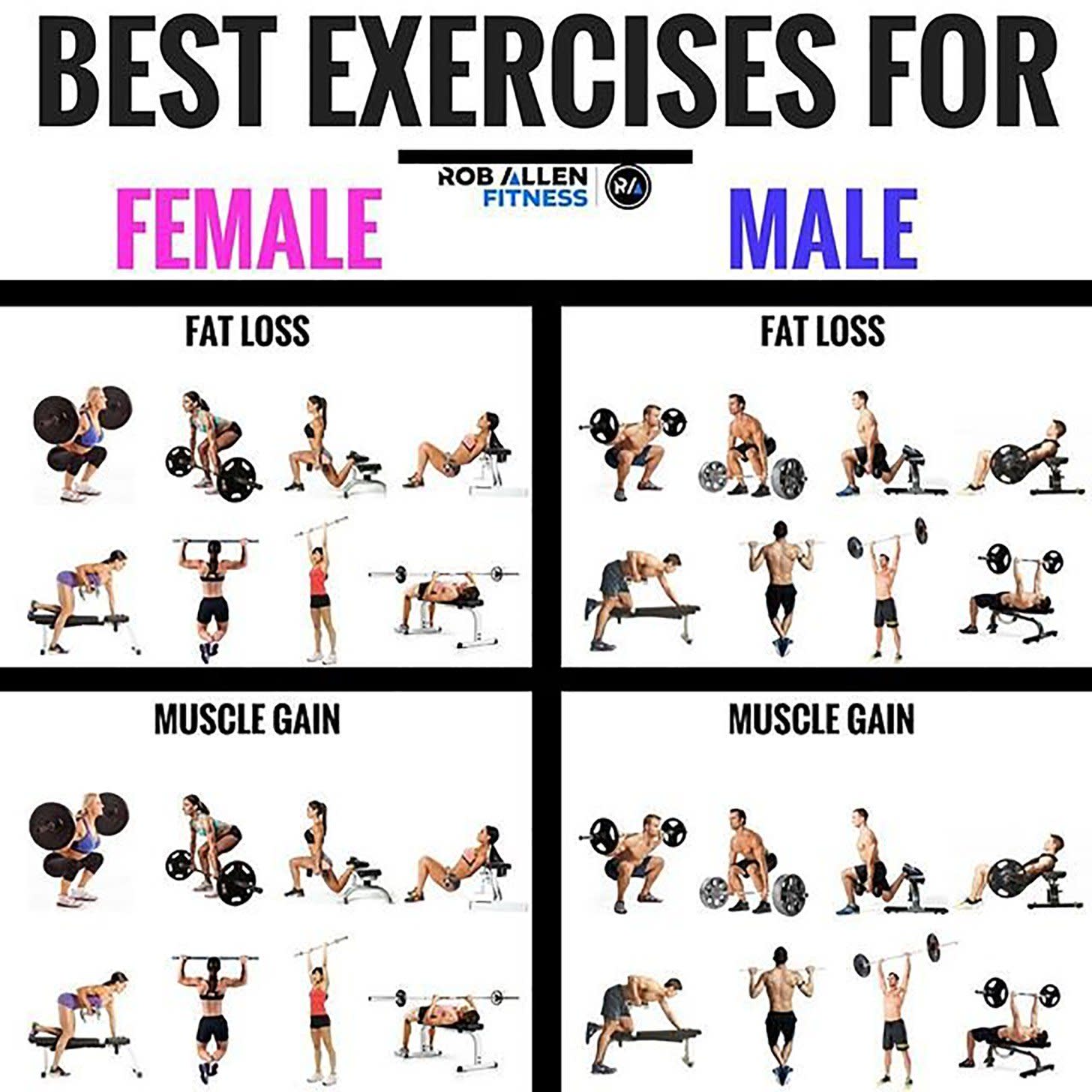“I Hated Mornings—Now They Saved My Life”: My 6-Month Weight Loss Journey
Six months ago, I weighed 212 pounds. Today, I weigh 165. That’s 47 pounds gone—not because of a magic pill, fad diet, or overnight trick, but because I committed to something simple: working out every morning between 7 and 9 a.m. What started as a reluctant routine turned into a lifeline—a physical and emotional transformation rooted in one critical discovery: the best time to work out for weight loss is when your body and mind align, and for me, that was early morning.

Why Timing Matters in Weight Loss: Morning vs. Evening Debate
Multiple studies—including those from Harvard, Mayo Clinic, and Medical News Today—highlight a common thread: individuals who exercise in the early morning tend to have lower BMI, smaller waistlines, and better long-term consistency.
According to a 2023 Harvard study, among people meeting the recommended 150 minutes/week of activity, those who consistently worked out between 7–9 a.m. had significantly lower rates of obesity compared to midday or evening exercisers.
“Morning workouts help regulate your circadian rhythm, appetite hormones, and mental clarity—all crucial for sustained fat loss,” said Dr. Paul Arciero, a human physiology expert.
But this isn’t just about science—it’s about psychology, identity, and breaking cycles of self-sabotage.
From Despair to Discipline: The Real Emotional Arc Behind My Weight Loss
Month 1: Denial, Depression & Sleepless Nights
I didn’t wake up one day and decide to change. I broke one day.
My knees ached. I couldn’t look in the mirror. Every step upstairs winded me. My doctor warned me of pre-diabetes. But the heaviest weight wasn’t physical—it was emotional.
“What’s the point?” I whispered to myself nightly. I felt defeated. I wasn’t lazy—I was lost.
Until one morning, still half-asleep, I dragged myself outside at 7:15 a.m. I walked one block. Then another. My heart pounded—but for once, it wasn’t anxiety. It was movement. It was life.
Month 2-3: Building the Habit, Finding the Science
By week four, I committed to 30-minute morning walks 5 days a week, gradually introducing strength circuits twice weekly. I paired this with a realistic meal plan focused on protein, whole foods, and hydration.
What shocked me was the mental clarity. My brain fog lifted. I was calmer at work. I craved less sugar. I slept better.
According to Mayo Clinic, morning exercise improves cortisol regulation, insulin sensitivity, and appetite suppression, making it easier to avoid cravings and emotional eating later in the day.
I started tracking with a journal. Here’s a snapshot:
| Week | Weight (lbs) | Morning Workout Routine | Notes |
|---|---|---|---|
| 1 | 212 | 15-min walk, light stretch | Tired, but proud |
| 4 | 200 | 30-min walk + core strength | More energy, less joint pain |
| 8 | 189 | Jog-walk intervals + resistance | Clothes looser, sleeping better |
| 12 | 180 | 5K jog, kettlebell circuits | Confidence rising |
Why Morning Workouts Boost Emotional Resilience
The transformation wasn’t just physical—it was spiritual. Morning workouts became my ritual of rebirth. There was no judgment at 7 a.m., no eyes watching. Just me, my breath, and the sun rising on possibility.
Psychologically, this aligns with behavioral momentum theory: completing a meaningful task early (like exercise) increases motivation and decision-making for the rest of the day.
“I started to believe I was someone who could finish what I started,” I told my therapist during a breakthrough session. “Morning workouts weren’t about weight anymore—they were about hope.”
What the Experts and Data Say
-
Harvard Health: Early morning exercisers have a lower risk of obesity even when total exercise time is the same as later-in-the-day exercisers.
-
Medical News Today: Individuals exercising between 7–9 a.m. have better body composition.
-
WomensHealthMag (2025): Personalization is key—but consistent morning exercisers report higher fat loss and habit retention.
Personalized Action Plan: Finding Your Best Time to Work Out for Weight Loss
✅ If You Struggle with Consistency…
Try 20-minute morning workouts (walk, jog, yoga). The habit matters more than the intensity. Keep it simple. Stack with another habit—like coffee or a morning podcast.
✅ If You’re Emotionally Overwhelmed…
Early workouts give space for mindfulness. Pair your workout with gratitude journaling or breathwork to stabilize mood.
✅ If You’re a Night Owl…
Start with mid-morning sessions (9–10:30 a.m.), then slowly shift earlier by 15 minutes weekly. Your internal clock adapts.
✅ If You’re a Busy Parent or Professional…
Schedule workouts like meetings. Lay out clothes the night before. Choose bodyweight circuits at home if time is tight.
What Worked for Me: My Morning Fat-Loss Formula
-
Time: 7:00 a.m. – 7:45 a.m.
-
Workout: 10-min warmup → 20-min cardio (walk/jog) → 15-min strength
-
Fuel: Lemon water + light protein (e.g., Greek yogurt or boiled eggs)
-
Mindset Tool: “I don’t have to work out—I get to rise.”
-
Motivation Hack: I texted a friend my progress weekly and kept a visible journal.
FAQs: Your Burning Questions Answered
❓ What’s truly the best time to work out for weight loss?
Morning (7–9 a.m.) is ideal for most people, based on studies showing better fat burn, appetite control, and long-term consistency.
❓ Is working out at night bad for weight loss?
No—but studies suggest it might not be as effective for fat loss or metabolic function as early morning workouts. Plus, evening workouts can disrupt sleep for some people.
❓ Should I eat before a morning workout?
Light pre-workout fuel is fine. A small protein-rich snack helps energy and muscle preservation. Or, try fasted workouts if your body tolerates it.
❓ How long should I work out in the morning to lose weight?
Start with 30 minutes/day, 5 days/week.
